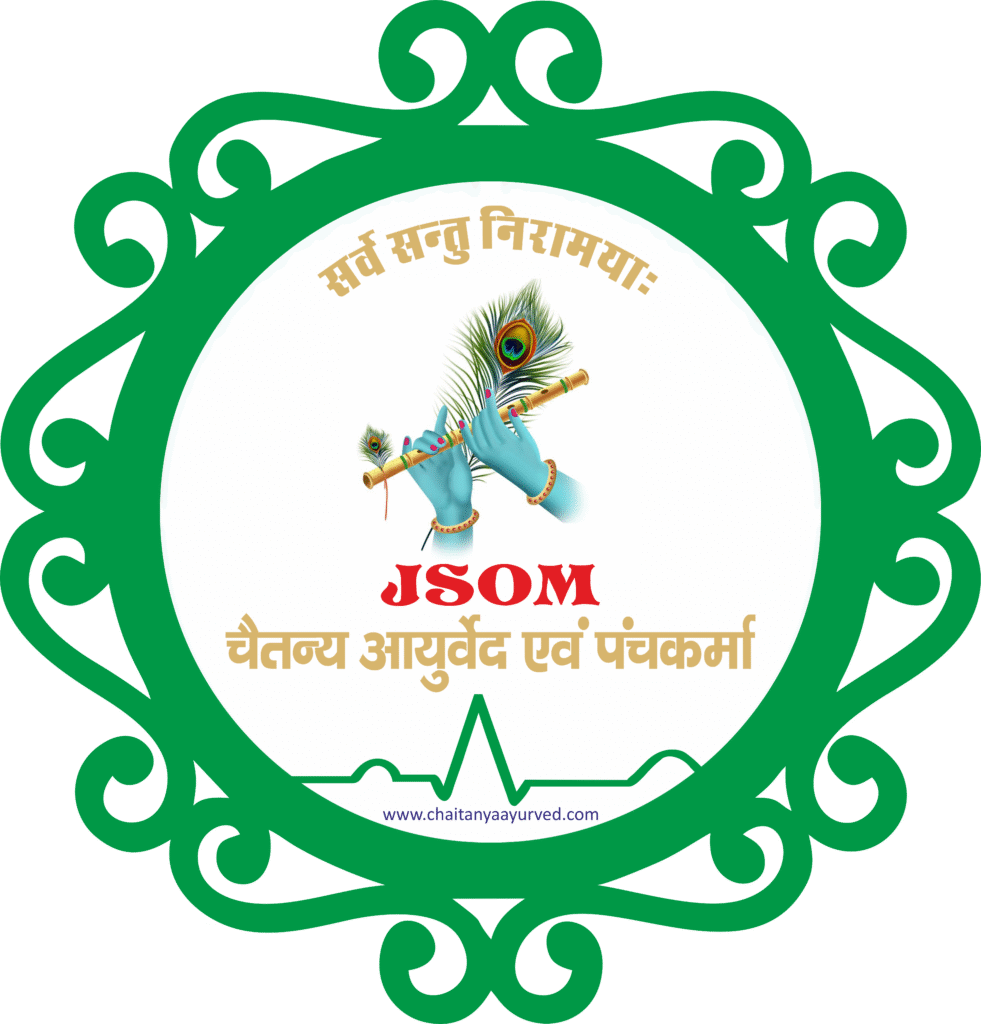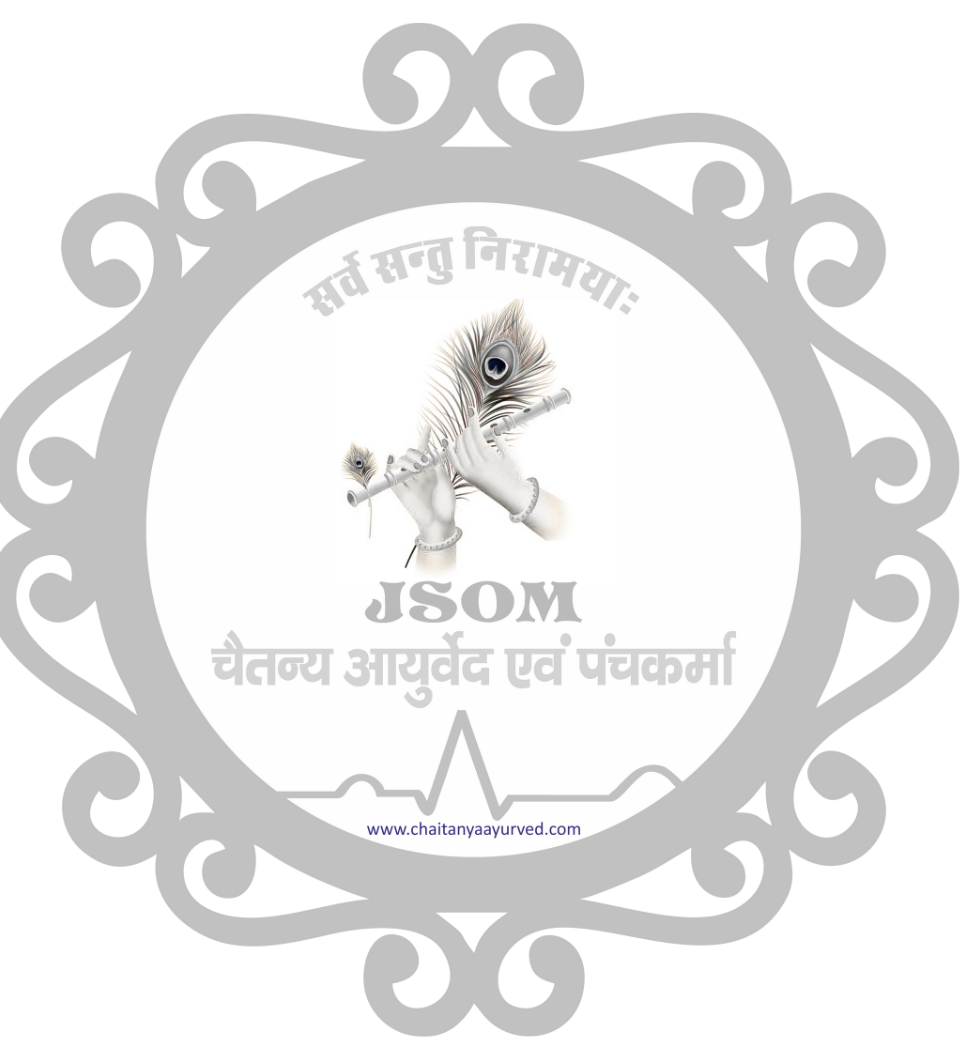Advanced Child Healthcare

Advanced Child Healthcare
Advanced Child Healthcare Therapy refers to specialized medical and therapeutic care designed to support the growth, development, and overall well-being of children from infancy to adolescence.
It combines preventive care, early diagnosis, and targeted therapies to manage both acute and chronic conditions, developmental delays, and special healthcare needs.
This approach often involves a multidisciplinary team including pediatricians, physiotherapists, occupational therapists, speech therapists, nutritionists, and psychologists.
Types of Advanced Child Healthcare Therapies
Developmental & Behavioral Therapy – For autism, ADHD, learning difficulties, and social skills improvement.
Pediatric Physiotherapy – For posture correction, muscle strengthening, and mobility enhancement.
Speech & Language Therapy – For speech delays, stammering, and communication disorders.
Occupational Therapy – For fine motor skills, sensory integration, and daily living activities.
Nutritional & Diet Counseling – For healthy growth, managing deficiencies, and special dietary needs.
Respiratory & Cardiac Rehabilitation – For children with asthma, congenital heart conditions, or post-surgery recovery.
Early Intervention Programs – For infants at risk of developmental delays.
Child Mental Health Support – Counseling and therapy for anxiety, depression, and emotional regulation.
How it Works
Assessment: Detailed evaluation of the child’s medical history, growth patterns, development milestones, and current concerns.
Individualized Care Plan: A customized therapy plan is created, targeting the child’s specific needs.
Multidisciplinary Approach: Experts from different specialties work together for holistic care.
Ongoing Monitoring: Regular follow-ups track progress and adjust therapy as needed.
Parental Involvement: Parents are guided on home exercises, lifestyle changes, and emotional support techniques.
Benefits of Advanced Child Healthcare Therapies
-
Supports healthy physical, emotional, and cognitive development
-
Helps manage chronic illnesses effectively
-
Improves speech, language, and communication skills
-
Enhances motor coordination and physical strength
-
Promotes independence in daily activities
-
Reduces symptoms of developmental or behavioral disorders
-
Improves self-esteem and emotional resilience
-
Prevents future complications through early intervention
Precautions
Always ensure therapies are recommended by a pediatrician or certified specialist
Modify intensity based on child’s age, condition, and tolerance
Avoid overloading with too many therapies at once
Monitor for allergic reactions to any supplements, equipment materials, or foods used in therapy
Keep all medical records updated for cross-specialty communication
Typical Session
Duration: 30–60 minutes (depending on therapy type and child’s age)
Process:
Warm-up or introductory activity to make the child comfortable
Main therapeutic activities (exercises, speech drills, sensory play, counseling, etc.)
Cool-down activities and feedback to parents
Home assignments or practice tasks given to parents
Frequency: Varies – may be multiple times a week or monthly check-ins
Aftercare: Encourage rest, positive reinforcement, and gradual implementation of new skills at home

